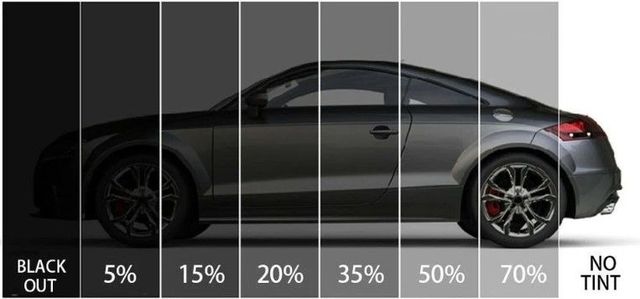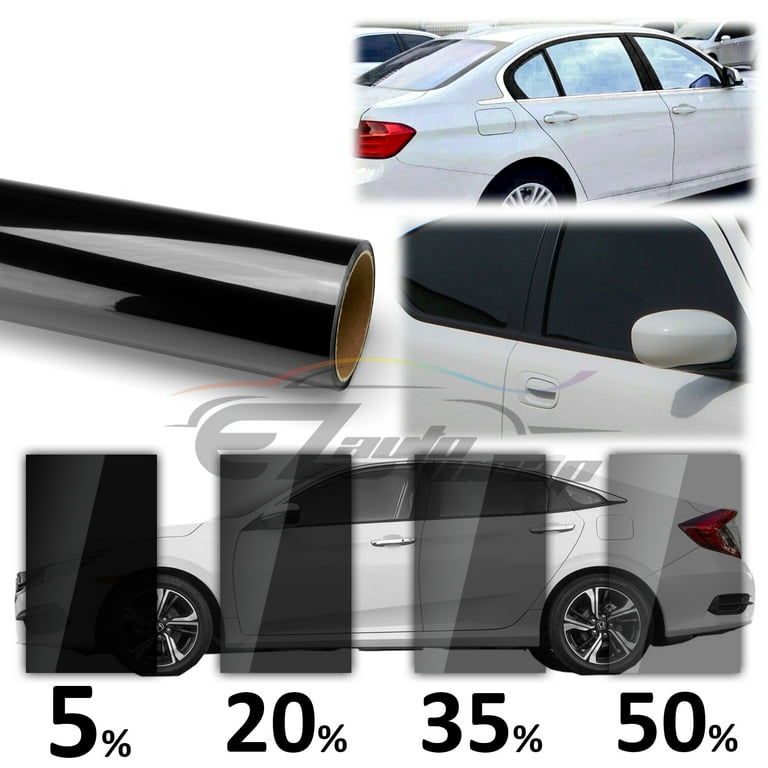Leading Reasons to Choose Specialist Car Window Tinting Services
Leading Reasons to Choose Specialist Car Window Tinting Services
Blog Article
Home Window Tinting Laws and Guidelines: What You Need to Know Prior To Tinting Your Automobile
Before waging window tinting for your vehicle, it is important to acquaint yourself with the varied regulations and standards that control this method across different states. These policies dictate the acceptable degrees of tint darkness, frequently measured by noticeable light transmission (VLT) portions, and include certain terms for front windscreens focused on guaranteeing roadway safety and security. In addition, particular territories might offer medical exemptions for individuals with certifying problems. Recognizing these complexities can save you from prospective legal implications, but what are the specific rules in your state?
Overview of Home Window Tinting Rules
Home window tinting laws are frequently based on variation throughout various territories, showing neighborhood guidelines and safety and security considerations. These laws determine the permissible degrees of color darkness and reflectiveness on car windows, making sure that drivers keep ample visibility while likewise protecting versus harmful UV rays and heat.
A lot of policies identify window tinting based on the Visible Light Transmission (VLT) percentage, which shows the amount of light that can go through the home window. Generally, lower VLT percentages indicate darker colors. Legislations commonly distinguish between the front, side, and rear home windows, with stricter constraints put on the front windshield to boost safety for both the motorist and other roadway customers.
Furthermore, some territories enforce restrictions on the reflectivity of the color, stopping extreme glow that could harm presence. Exceptions to these legislations might exist for individuals with details medical conditions needing extra sunlight protection. Conformity with home window tinting regulations is important, as offenses can cause fines, necessary removal of the color, and possible rises in insurance coverage costs. Therefore, it is vital for lorry owners to familiarize themselves with regional laws before continuing with window tinting installments.
State-by-State Color Regulations
Recognizing the certain home window tinting guidelines in each state is important for vehicle proprietors looking for to adhere to the legislation. Each state in the U.S. has actually developed its own set of guidelines controling home window tinting, which can vary considerably. These regulations commonly determine the allowable degrees of tint darkness, the kinds of windows that can be tinted, and any type of medical exemptions that may apply.
For instance, states like California have stringent limitations on color darkness for front home windows, while others, such as New Mexico, might enable darker colors. Additionally, particular states mandate details presence percentages for numerous home windows, including the windscreen, front side home windows, and back windows. It is essential for cars and truck owners to familiarize themselves with their state's legislations to stay clear of potential fines or penalties.
Furthermore, some states may need a qualification sticker to be put on tinted home windows, suggesting compliance with state regulations. Failure to comply with these guidelines not just runs the risk of lawful repercussions yet can also influence safety and exposure while driving. For that reason, vehicle proprietors need to carry out extensive research study or seek advice from local authorities to make sure complete understanding and compliance with state-by-state color regulations.
Allowed Tint Types and degrees
Lots of automobile owners may be shocked to learn that enabled color degrees and types differ widely across various states. Each state has established its own policies relating to the acceptable darkness and reflectivity of window tint, typically click to find out more gauged by Visible Light Transmission (VLT) percentages. VLT describes the quantity of light that can go through the colored home windows; therefore, a reduced percentage suggests a darker color.

In addition, the kinds of tint products permitted can vary, with some states banning mirror-like or metallic coatings. It is necessary for lorry proprietors to familiarize themselves with their state's particular legislations to guarantee conformity. Non-compliance can lead to penalties, obligatory elimination of the tint, or various other lawful repercussions, making it necessary to recognize these policies before waging setup.
Medical Exemptions for Tinting
While not all states provide allowances for clinical exceptions pertaining to home window tinting, those that do acknowledge the necessity for certain people to improve presence and comfort as a result of clinical conditions. Various clinical conditions, such as lupus, skin cancer cells, and specific eye problems, can make individuals especially sensitive to sunshine. Consequently, these individuals might need darker colors to shield themselves from harmful UV rays and glare.

It is very important to note that despite having a medical exception, there might still be restrictions on the level of color enabled. Compliance with state regulations makes certain that people are both safeguarded and within legal limitations. Those considering medical exceptions should contact their local Department of Electric motor Automobiles or equivalent authority to comprehend the treatments and demands essential to use for an exception efficiently.
Fines for Non-Compliance
Stopping working to follow home window tinting legislations can bring about significant penalties, which differ by state. Legislation enforcement firms are equipped to release citations for cars that do not adhere to the defined tinting policies. These penalties typically include penalties, which can vary from modest total up to numerous hundred bucks, relying on the severity of the offense and the state in inquiry.
In some jurisdictions, repeated offenses may cause escalating fines or additional fines, such as mandatory court appearances. Non-compliance may demand the removal of illegal tinting, commonly at the proprietor's expenditure. In extreme instances, habitual offenders might face suspension of their car registration up until compliance is achieved.
In addition, insurance policy implications may emerge from obtaining several citations for home window tint violations. Insurers may view such violations as a sign of riskier habits, possibly causing raised costs or problem in insurance coverage.
To stay clear of these fines, it is vital for automobile proprietors to familiarize themselves with their local home window tinting legislations and ensure that their car complies (Window Tinting). This aggressive approach not just stays clear of lawful ramifications yet additionally promotes roadway safety and security
Conclusion

Many policies categorize window tinting based on the Visible Light Transmission (VLT) percentage, which indicates the quantity of light that can pass through the home window. Compliance with window tinting guidelines is critical, as violations can result in penalties, obligatory elimination of the tint, and prospective rises in insurance premiums.Understanding the specific window tinting laws in each state is vital for lorry owners looking for to conform with the law. These policies often dictate the allowable degrees of color darkness, the types of home windows that can be tinted, and any kind of medical exceptions that may apply.
For instance, states like The golden state have strict limitations on color darkness for front home windows, while Get More Info others, such as New Mexico, might allow darker colors.
Report this page